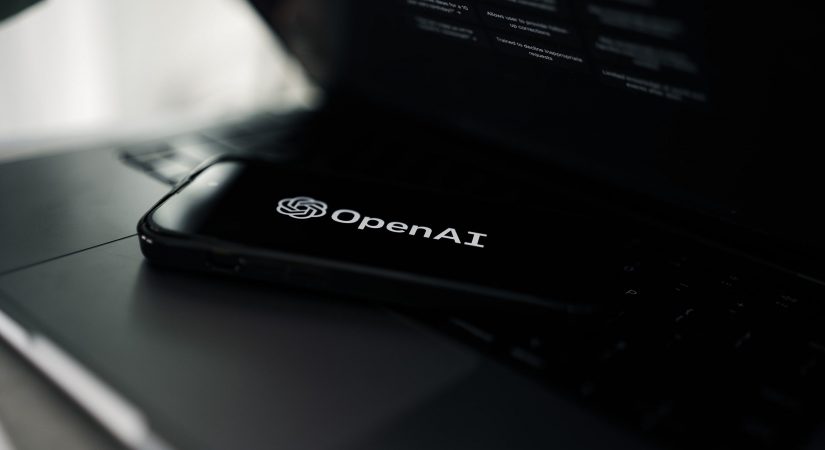Artificial intelligence (AI) has become an integral part of modern-day technology. As AI continues to evolve and become more complex, it has raised concerns about privacy, data protection, and accountability. Governments worldwide are now grappling with the challenge of regulating the use of AI tools.
Australia: seeking input on regulations
The Australian government has requested advice on responding to AI from its main science advisory body. They are considering the next steps for regulating the use of AI.
Britain: planning regulations
The UK government has planned to split responsibility for governing AI between its regulators for human rights, health and safety, and competition, instead of creating a new body.
China: planning regulations
China’s cyberspace regulator has unveiled draft measures to manage generative AI services. They are asking firms to submit security assessments to authorities before launching offerings to the public. China’s capital Beijing has also expressed its intention to support leading enterprises in building AI models that can challenge ChatGPT.
European Union: planning regulations
The European Data Protection Board has set up a task force on ChatGPT. This is a potentially significant first step towards a common policy on setting privacy rules on AI. EU lawmakers are also discussing the introduction of the European Union AI Act that will govern anyone who provides a product or a service that uses AI.
France: investigating possible breaches
France’s privacy watchdog CNIL is investigating several complaints about ChatGPT after the chatbox was temporarily banned in Italy over a suspected breach of privacy rules. France’s National Assembly has approved using AI video surveillance during the 2024 Paris Olympics, overlooking warnings from civil rights groups that the technology posed a threat to civil liberties.
Italy: planning to lift the ban
Italy’s data protection watchdog is ready to reactivate ChatGPT on April 30 if OpenAI takes “useful steps” to address the agency’s concerns. Italy imposed a temporary ban on ChatGPT after the authority raised concerns over possible privacy violations and failure to verify that users were aged 13 or above, as it had requested.
Japan: seeking input on regulations
Japan’s digital transformation minister Taro Kono wants the upcoming G7 digital ministers’ meeting to discuss AI technologies, including ChatGPT, and issue a unified G7 message.
Spain: investigating possible breaches
Spain’s data protection agency is launching a preliminary investigation into potential data breaches by ChatGPT. They have also asked the EU’s privacy watchdog to evaluate privacy concerns surrounding ChatGPT.
U.S.: seeking input on regulations
The Biden administration is seeking public comments on potential accountability measures for AI systems. President Joe Biden has acknowledged the potential benefits of AI in addressing disease and climate change, but it is equally important to address potential risks to society, national security, and the economy.
Conclusion
As AI technology continues to advance, it is crucial for governments worldwide to regulate its use to address concerns about privacy, data protection, and accountability. With different countries implementing different policies, it remains to be seen whether there will be a unified global approach to regulating AI tools.
Read also: Openai’s GPT-4 release sparks advocacy group’s call to halt commercial launches
